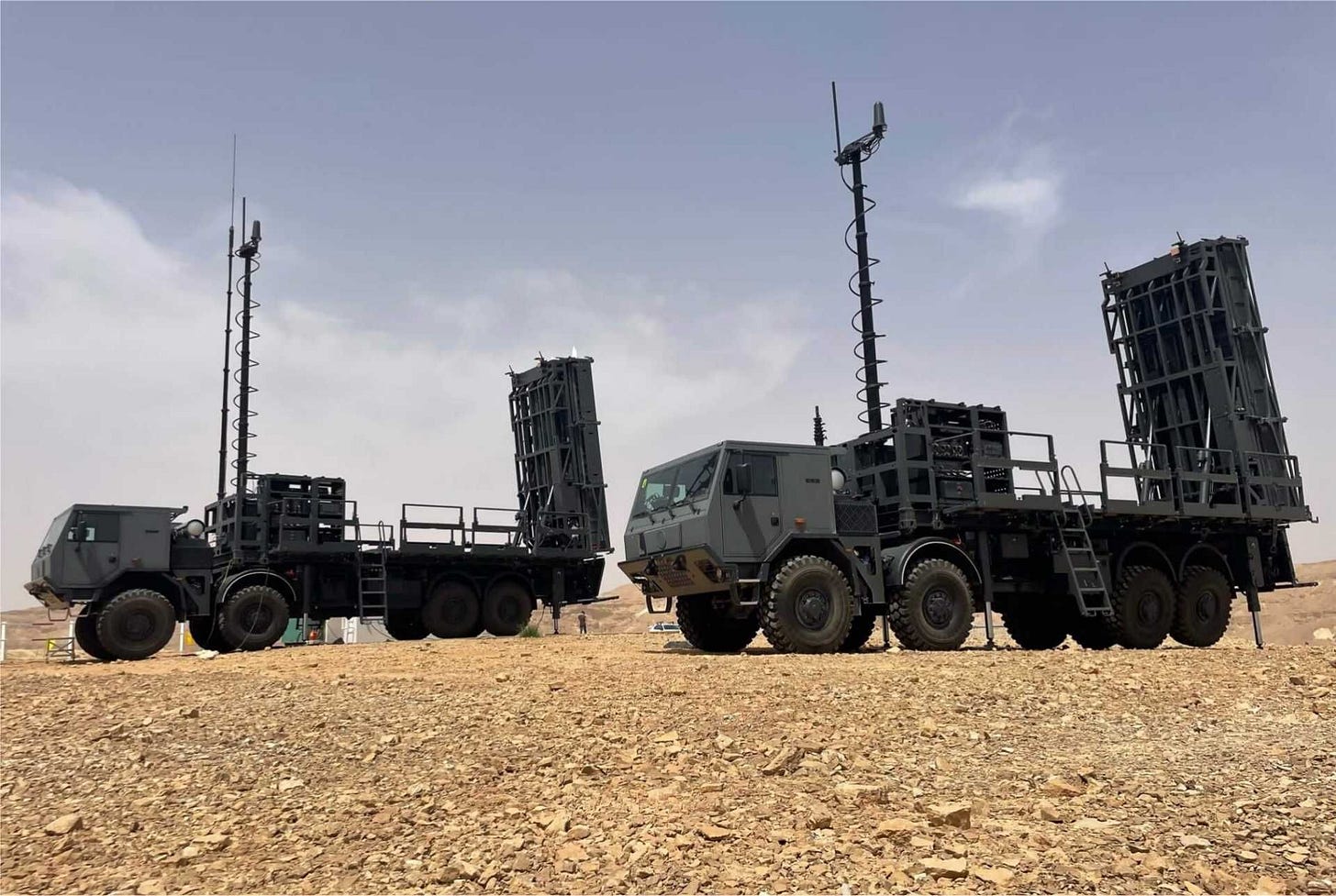Romania’s $2.2 Billion Rafael Deal: Safeguarding U.S. Assets or a Perilous Gamble?
Israel’s leading position in the defence export market may be waning.
On 21 July, Romania signed a framework agreement with Israeli defence firm Rafael Advanced Defence Systems Ltd. for the acquisition of SHORAD-VSHORAD air defence systems, following parliamentary pre-approval. The deal, valued at over $2.2 billion, represents one of the most substantial defence contracts in Israel’s history. However, it has attracted mounting scrutiny: Rafael’s proposed system reportedly falls short of several of Romania’s core technical specifications and surpassed the initial budget estimate by over 10%. With Israel’s defence vulnerabilities exposed by recent Iranian strikes and clauses in the contract suggesting potential delivery delays, the agreement appears increasingly risky. Moreover, Romania’s acquisition may be driven by U.S. pressure to protect American military assets in the region.
A Strategic Gamble
Rafael, a state-owned cornerstone of Israel’s defence industry, drives 54% of its 2024 exports to Europe with systems like Iron Dome and SPYDER. The $2.2 billion Romania deal for 18 SHORAD-VSHORAD systems, ammunition, and training platforms reinforces Rafael’s European presence, outbidding MBDA and Diehl. However, Rafael’s proposal, reliant on loosely integrated components, required multiple technical waivers and exceeds the budget by 10%, raising concerns about its suitability for Romania’s NATO-compatible needs.
Compounding these issues, Rafael’s reliability is under scrutiny. In January, it lost a $60 million counter-drone contract to Elbit Systems due to technical errors. The Iron Dome’s limited success against Iran’s 2024 ballistic missile strikes further fuels doubts about its efficacy against advanced threats. Moreover, force majeure clauses, invoked by Israeli firms like Elbit amid ongoing conflicts, risk delaying deliveries. Iran’s precision strikes have exposed vulnerabilities in Israel’s defence architecture, potentially prioritising domestic needs over exports and leaving Romania exposed to supply chain risks.
For Romania, the deal is a strategic necessity but a financial gamble. On NATO’s eastern flank, facing Russian drone and missile threats, Romania seeks to replace outdated Hawk systems and complement Patriot batteries. Yet, integration issues and budget overruns could undermine operational effectiveness, jeopardling Romania’s security credibility within NATO. The agreement’s success hinges on overcoming these challenges to ensure robust deterrence.
Protecting U.S. Assets
As a NATO and EU member bordering Ukraine, Romania hosts critical U.S. assets, including the Aegis Ashore missile defence system at Deveselu—a cornerstone of NATO’s ballistic missile defence. Vulnerable to low-flying drones and cruise missiles, Deveselu benefits from SPYDER’s capabilities, aligning with U.S. calls for NATO allies to increase defence spending, echoing President Trump’s push for 5% GDP defence budgets by 2035. The Rafael deal, interoperable with U.S.-provided Patriot systems, reinforces Romania’s role as a guardian of American strategic interests, potentially prioritising NATO obligations over national priorities. Romania’s planned $6.5 billion purchase of 32 U.S. F-35 jets in 2024 further signals this alignment.
Israel’s Diminished Defence Presence?
For Israel, the contract offers a crucial boost to Rafael’s revenue and supports its defence sector more broadly. However, reported export delays in previous deals raise concerns about reliability. If Romania experiences similar delays, Rafael’s reputation and Israel’s wider export credibility could suffer, particularly in an increasingly competitive European market. This may give Türkiye a strategic opening.
The question, then, is whether Israel remains a dependable partner for timely and integrated defence systems. With continued instability at home and a shift towards domestic production, evident in the launch of the Dror 1 communications satellite, Israel may struggle to maintain its position as an outward-facing supplier.
In this light, Türkiye’s exclusion from the Romanian deal is notable. Despite close defence ties, including joint vehicle production, exercises, and NATO coordination, Türkiye was overlooked in favour of Rafael. As Ankara builds an autonomous, export-focused defence industry and expands its influence in Eastern Europe, Romania’s choice may complicate its defence diplomacy and shift regional dynamics.




